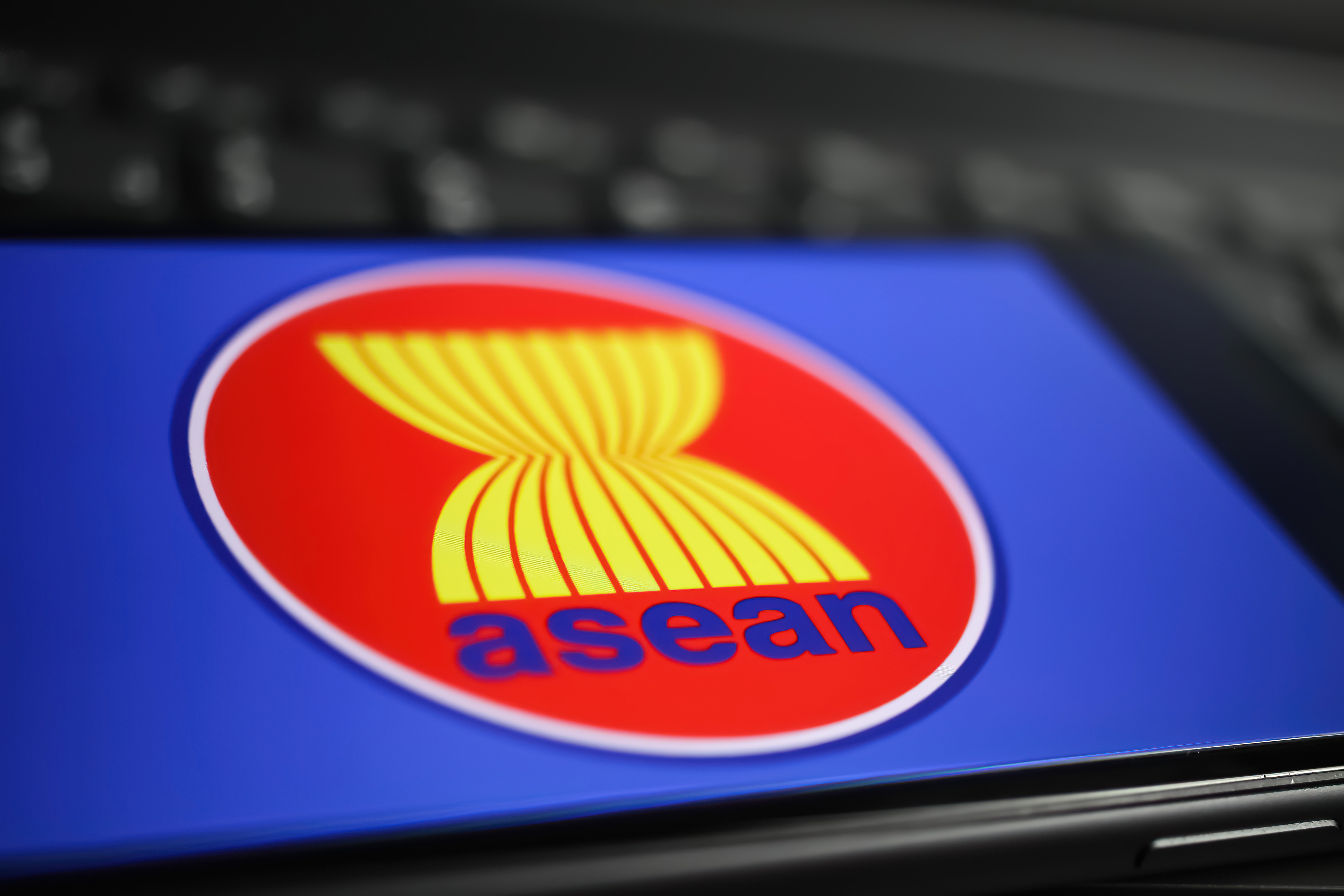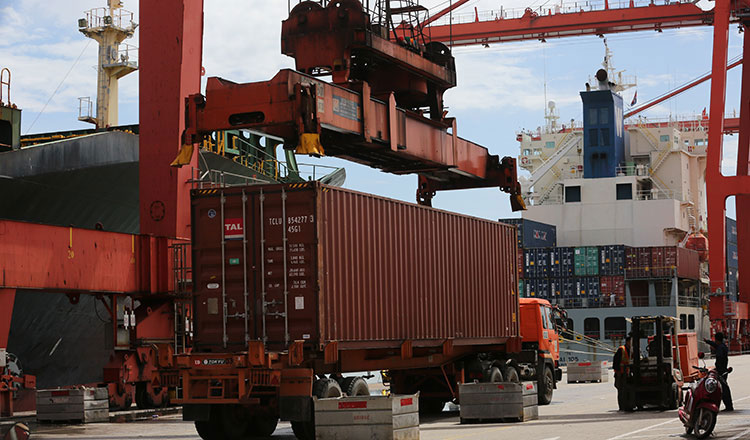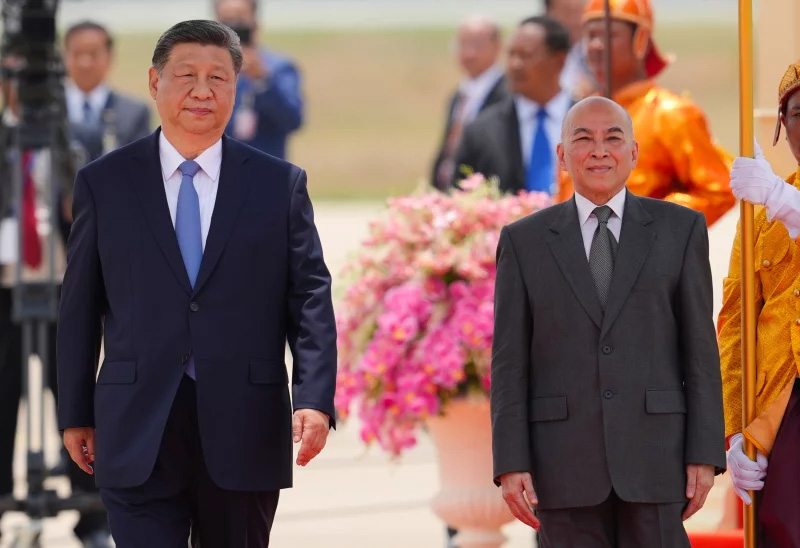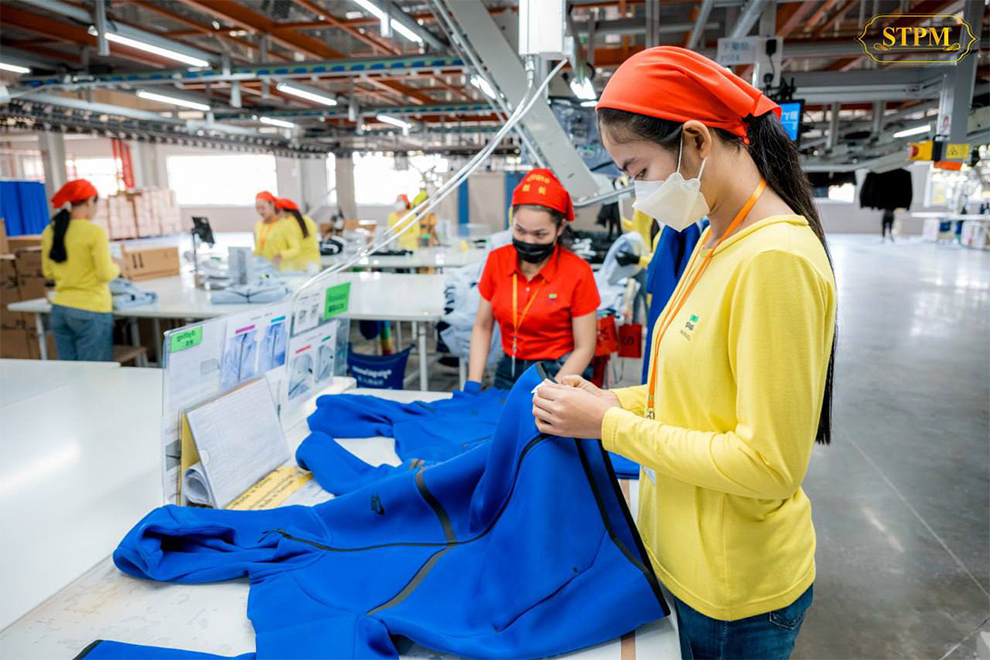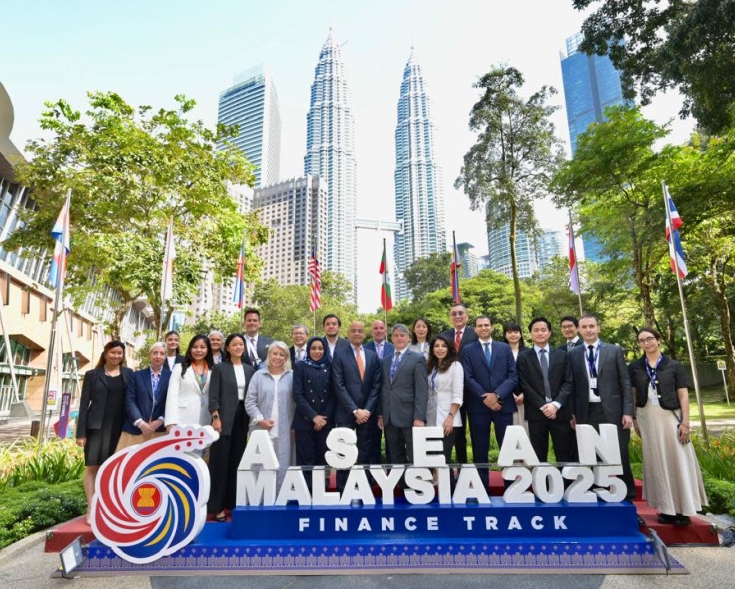
As part of the Council’s commitment to fostering meaningful engagement with key ASEAN stakeholders amid shifting trade dynamics, the US-ASEAN Business Council is pleased to invite senior level officials involved in trade and supply chains activities to an information sharing session with Ms. Jillian Lim, Executive Vice President & Member of EXCO, Singapore Economic Development Board. The virtual information sharing session aims to (i) offer member companies an opportunity to provide feedback to the Singapore Government on the impact of tariffs on U.S. business plans in Southeast Asia, particularly in trade and supply chains and (ii) reaffirm the Singapore Government’s commitment to partner with companies and co-create pathways to expand trade connectivity with the global economy.
